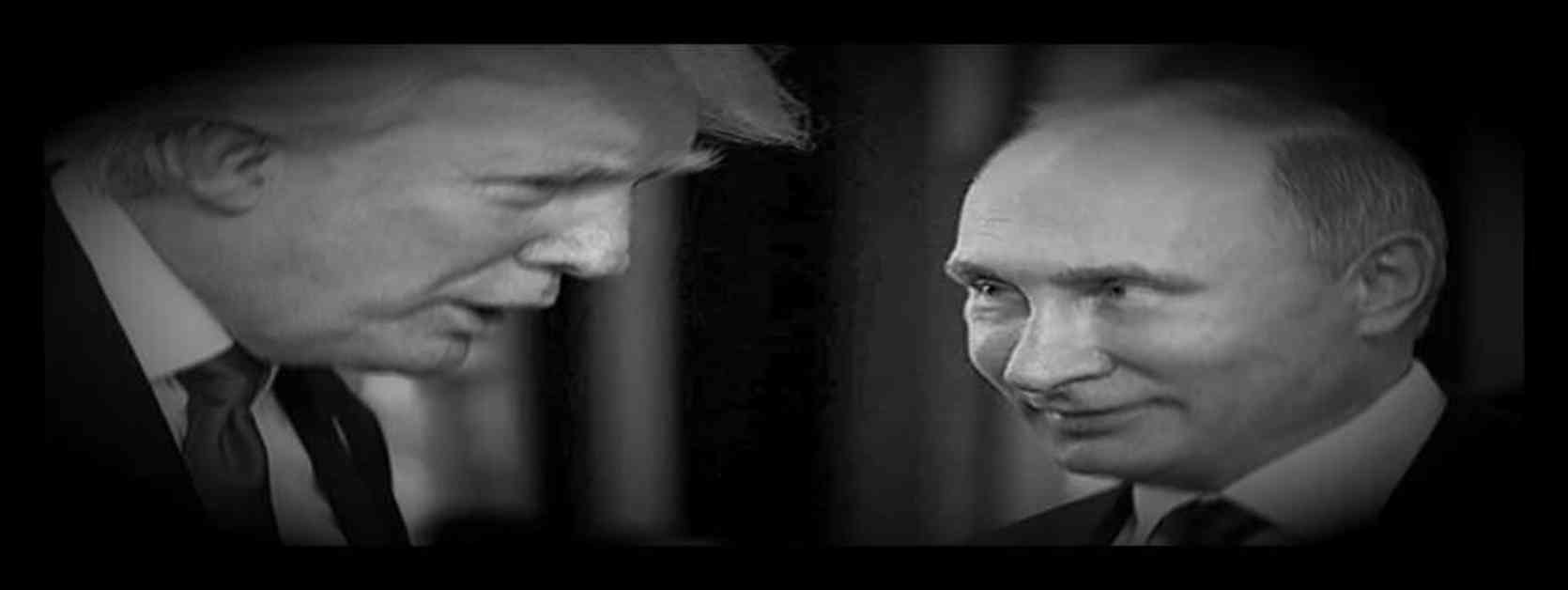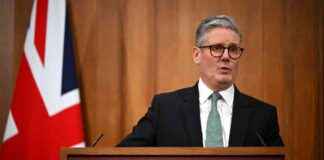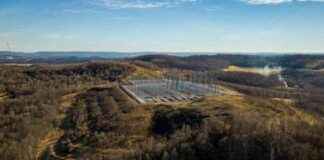In the ever-evolving landscape of global power dynamics, recent events have brought to light a significant recalibration that challenges the traditional Western hegemony. What initially began as a public health crisis has snowballed into a profound reckoning stemming from decades of strategic oversight. The COVID-19 pandemic, with its disputed origins but undeniable consequences, has underscored the fragility of hyper-globalized systems, from medical supply chains to technology networks.
### The Great Unraveling: Rethinking Efficiency
The West’s deep-rooted engagement with globalization has reached a critical juncture. Over the past three decades, the relocation of industrial capacities to Asia, not limited to factories but entire innovation ecosystems, was rationalized as an economic inevitability. However, this so-called “efficiency trap” has led to a paradoxical situation where nations advocating for free trade are now left hollowed out, reliant on competitors for essential supplies from semiconductors to antibiotics. The pursuit of cost-cutting measures for short-term gains has clashed with the imperative of national resilience, revealing how offshoring industrial capabilities has inadvertently transferred geopolitical leverage to rival nations.
In essence, the West has existed in a bubble akin to Alice in Wonderland, lured by the promise of cheap goods while inadvertently driving its industries towards bankruptcy and surrendering its natural wealth to emerging powers. The repercussions of this strategic oversight are now glaringly evident in the energy crisis unfolding in Europe.
### Europe’s Regulatory Quagmire: Navigating a Crisis
Europe finds itself at the precipice of an energy crisis, serving as a cautionary tale of ideological overreach. The continent’s fixation on environmental purity, manifested through convoluted regulations and premature dismantling of nuclear infrastructure, has left it grappling with the repercussions. The zeal for environmental stewardship has led to a situation where Europe is scrambling to restart closed power plants while grappling with electricity rationing.
The intricate web of regulations, particularly in environmental matters, has perpetuated the assumption that the more complex an issue becomes, the wiser the decision-makers are for imposing stricter rules. However, this bureaucratic entanglement has inadvertently contributed to the energy crisis plaguing Europe today. The neglect of fundamental priorities, coupled with an obsession for excessive regulation and bureaucracy, has stifled domestic energy production and infrastructure development, leaving the continent vulnerable to supply shortages and price fluctuations.
The implications of these policy missteps are now starkly visible in Europe’s dwindling electrical capacity. The recent resurgence of nuclear energy in countries like France and Sweden underscores the continent’s attempts to revive its energy sector. However, challenges persist, as seen in France’s Flamanville-3 reactor plagued by exorbitant cost overruns and public skepticism surrounding nuclear safety.
### The AI Arms Race: Navigating the Future
The rapid expansion of AI infrastructure presents a multifaceted challenge that demands a nuanced approach. With projected annual energy demands for data centers soaring and water requirements for power generation escalating, the implications of this technological shift are profound. At a recent AI summit in Paris, U.S. Vice President JD Vance emphasized the imperative to regulate AI without surrendering its potential, underscoring Washington’s resolve to dominate the algorithmic frontier.
As the world hurtles towards a new tripolar order, characterized by the dominant influence of the United States, China, and Russia, the geopolitical landscape is undergoing a seismic shift. The recent direct communications between U.S. President Donald Trump, Russian President Vladimir Putin, and Ukrainian President Volodymyr Zelensky hint at a potential restructuring of post-Cold War diplomatic architectures. This evolving scenario, excluding traditional European stakeholders, raises concerns about the continent’s position in the emerging global power hierarchy and underscores the urgent need for European nations to bolster their strategic autonomy.
As Europe grapples with the complexities of an energy crisis, regulatory quagmires, and the looming specter of a new world order, the path forward remains fraught with challenges and uncertainties. Balancing wartime pragmatism with sustainability goals, the continent navigates a delicate tightrope, seeking to secure its position in a rapidly shifting global landscape.
The recent events serve as a stark reminder of the intricate interplay between geopolitics, economics, and technology, underscoring the imperative of a nuanced approach to global power dynamics in the 21st century.














